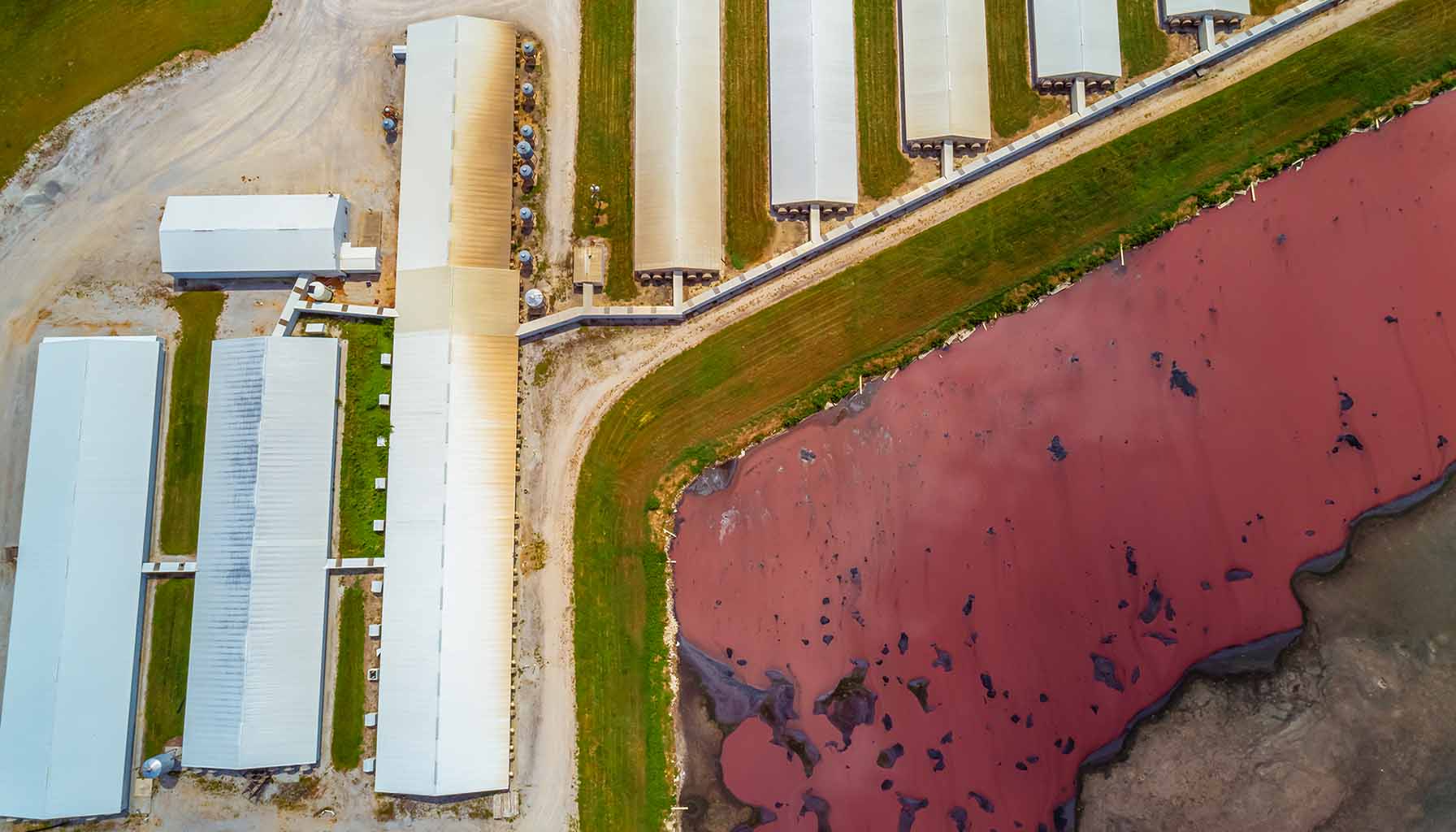(Missouri News Service – Farah Siddiqi) – Family farm advocates in Missouri are concerned a regulation on the other side of the country could have unintended effects on rural Missourians.
The California Air Resources Board is gearing up to change the state’s Low Carbon Fuel Standards, which could allow California to buy tax credits to offset their diesel emissions from factory farms in the Midwest producing methane from animal waste. Critics warn it would encourage even more factory farming.
Tim Gibbons, communications director of the Missouri Rural Crisis Center, said it is a stark contrast to the environmental justice commitment set by California. “If Californians knew that their policy in their state was creating, incentivizing, fueling more corporate factory farms in the Midwest, I would like to think that they would be opposed to that,” Gibbons emphasized.
The California Air Resources Board has a public hearing on the amendment on March 21 in Sacramento. Gibbons stressed it is important for people in the Midwest to let the regulators know their views about the proposal. There are already more than 500 Concentrated Animal Feeding Operations in Missouri.
Gibbons pointed out that California’s definition of low-carbon fuels to generate tax credits includes anaerobic digesters, which capture methane from the massive quantities of manure generated by factory farms. He argued it creates an incentive for these facilities to get even bigger. “People are opposed to this, not only out here, but I think that the vast majority of Californians that are in support of mitigating climate change would not be for — not only this, as a ‘greenwashing’ idea of mitigating climate change — but also the fact that this could create more climate change,” Gibbons asserted.
A 2020 report by Food and Water Watch included examples of what happens to communities when livestock and their waste are concentrated in specific regions. Unlike human sewage, hog and cattle waste is not treated before being released into the environment. Neighbors of the facilities report odor and other health effects such as losing the ability to spend time outdoors.
(Photo via Adobe Stock Images)


